Breast Cancer Awareness

Ever since I moved to Miami to study for my USMLE Step 1 exam, my life has been pretty routine: wake up, study in the morning, meet with study group, finish study group, and afterwards, you guessed it… study some more… you get the point. But today my routine was a bit different.
While I was studying some medical case studies this morning, Irene and I started hearing lots of cheering downstairs. Looking down from our 29th story balcony, it was the Susan G. Komen Race for the Cure, right in our backyard. Among the flood of pink were those walking in celebration and in memory of loved ones who had breast cancer, those men and women who are survivors of breast cancer, and those who are in the process of fighting breast cancer. As Irene and I ourselves have friends and family who have fought breast cancer, and being part of the medical field, we decided to checkout the race.
Susan G. Komen for the Cure is the largest and probably most well-known non-profit breast cancer foundation in America, and today’s event definitely shows it. I’m not sure how much today’s race raised for breast cancer research, education, awareness, and screening. I’m guessing a lot. But one thing I’m sure of, however, is that today’s event created an empowering environment for all those who attended.
Here are some handy facts about breast cancer:
- Breast cancer is the leading cause of cancer for women in the US, and the second leading cause of cancer mortality in the US (after lung cancer).
- While the majority of cases occur in women, it’s important to know that men can also get breast cancer.
- While the mean age of breast cancer is 64 years old, women in the 20’s and 30’s can get breast cancer as well and therefore should regularly do self screening.
- Smoking increases breast cancer risk.
- Some people have a genetic predisposition to breast cancer, such as those with damage to BRCA1 and BRCA2 genes, and over-amplification of Her2neu genes.
- Because of all of the above, screening is of utmost importance… get in the habit of regularly performing self breast exams, as well as regular mammogram screenings when recommended. Consult the doctor if you discover a hard lump or something suspicious, like an inverted nipple or skin dimpling.
- Also of interest: http://www.ted.com/talks/deborah_rhodes.html
Here are some pictures from today!



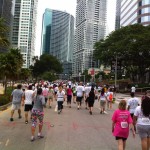




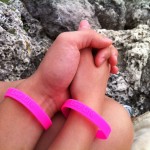
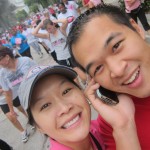
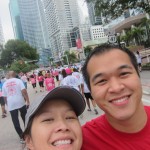
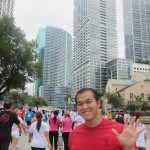
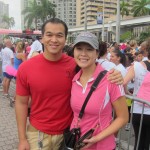
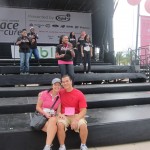

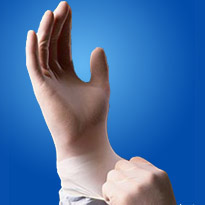

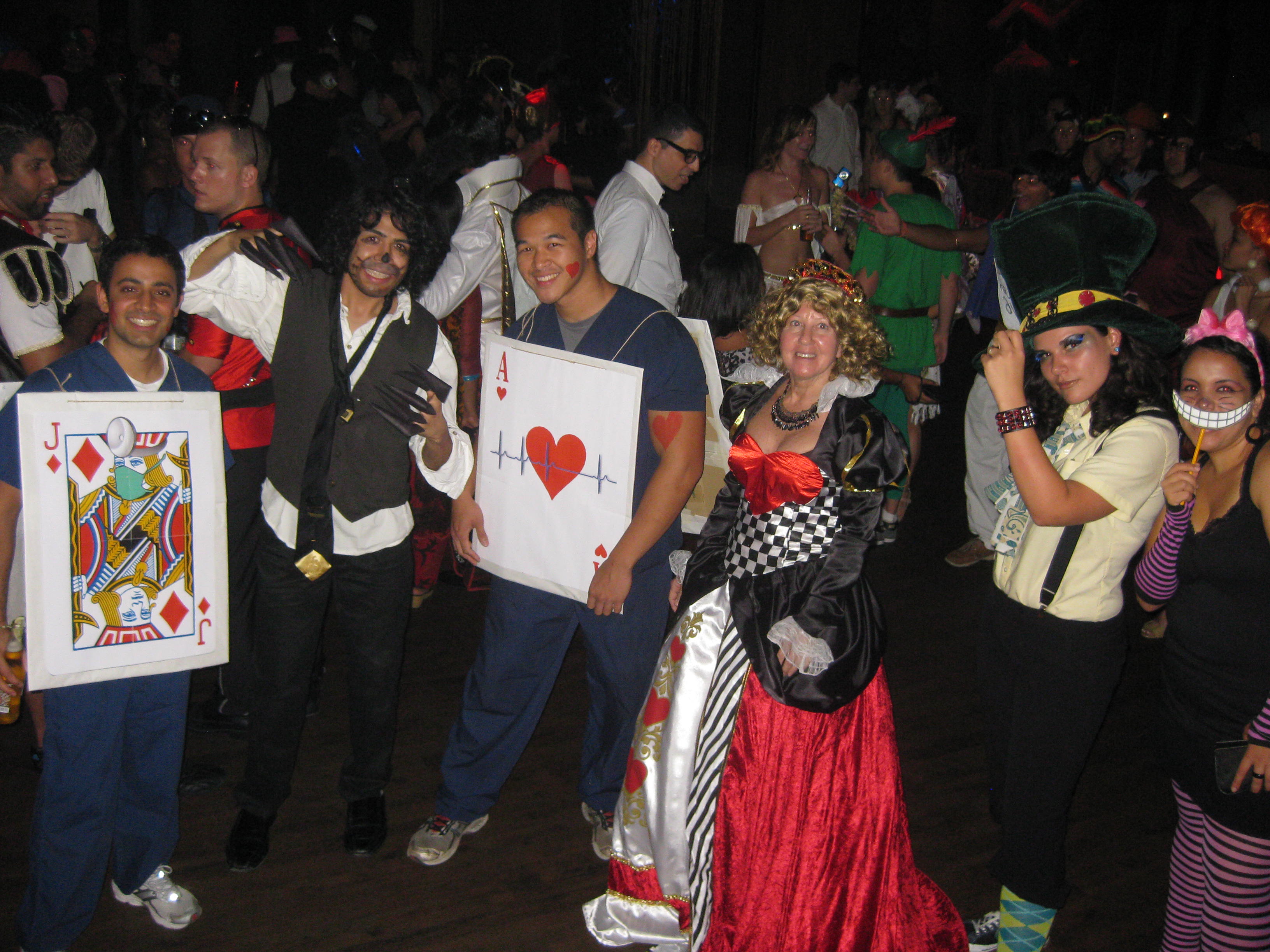
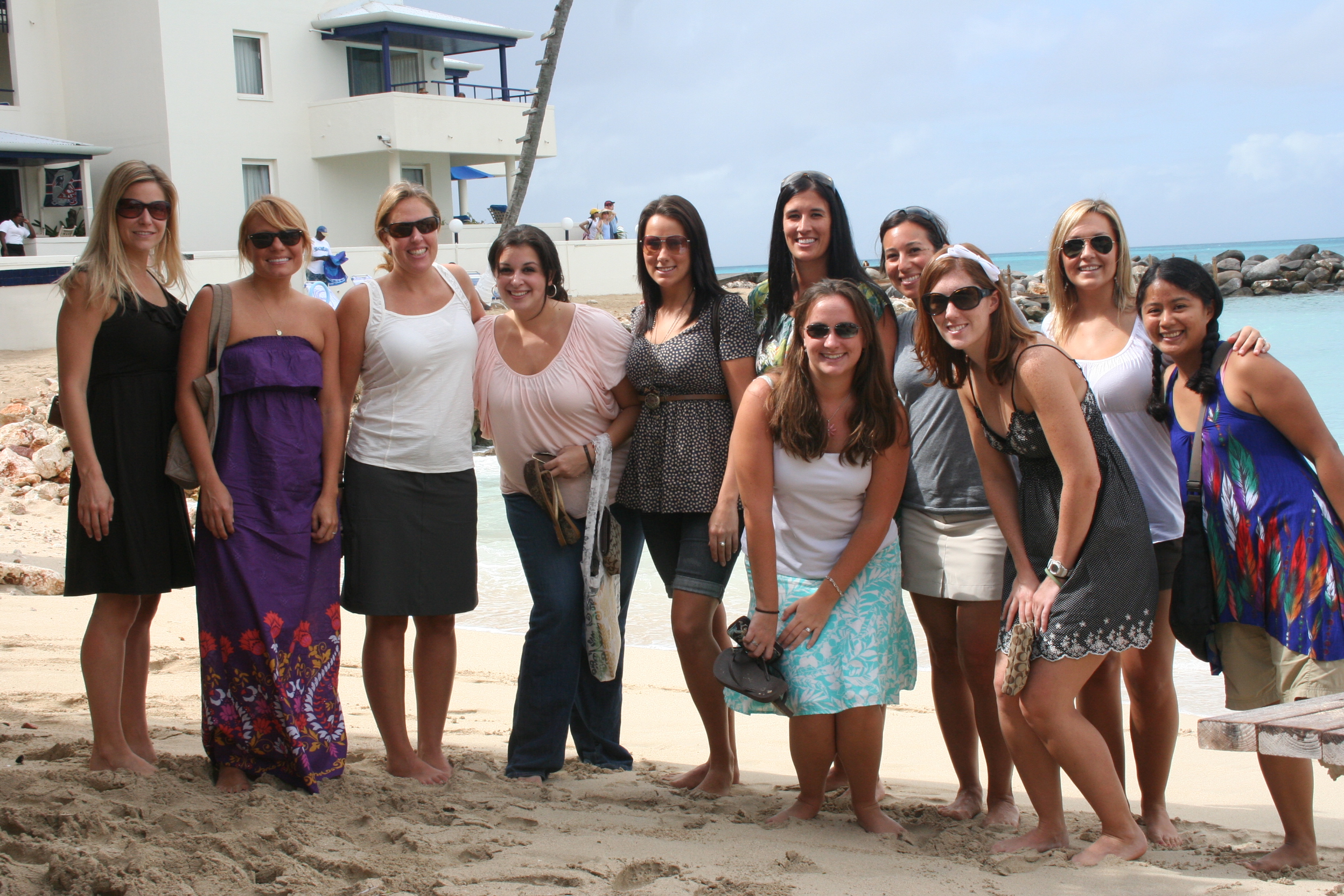









Hi, I LOVE your blog.
It’s very interesting, articulate and informative. I’m applying to the American University of Antigua and my second choice is Xavier University School Of Medicine in Aruba. I was wondering if you could tell me anything about these schools.
I woulda loved to apply to AUC, but i’ve gone so far with my applications; but you never know…
Please reply soon!
Hi Damie,
Thanks for visiting my blog. I haven’t been to either school but from what I’ve read, AUA seems like an up-and-coming med school that has a good future ahead. They have recently just been approved by California for graduates to get licensed in that state and other states that follow the California list. They also recently built a new, beautiful campus and it looks really nice. However, AUA does not have US Federal Student Loans, but if you are from Canada, this shouldn’t matter too much. As for Xavier, I haven’t heard much about it.
In addition to your current applications, I’d definitely recommend applying to AUC, SGU, Ross, or Saba as well, as these have long been considered the “top” schools in the Caribbean. I’d also read about accreditation standards used to accredit Caribbean medical schools as not all schools have the same accreditation: http://www.caribbeanmedstudent.com/2009/09/the-accreditation-process-of-caribbean-medical-schools/
I also recommend checking out Thuc Huynh’s site called Compare Caribbean Medical Schools: http://www.comparecaribbeanmedicalschools.com/
Good luck in your applications!
Benji